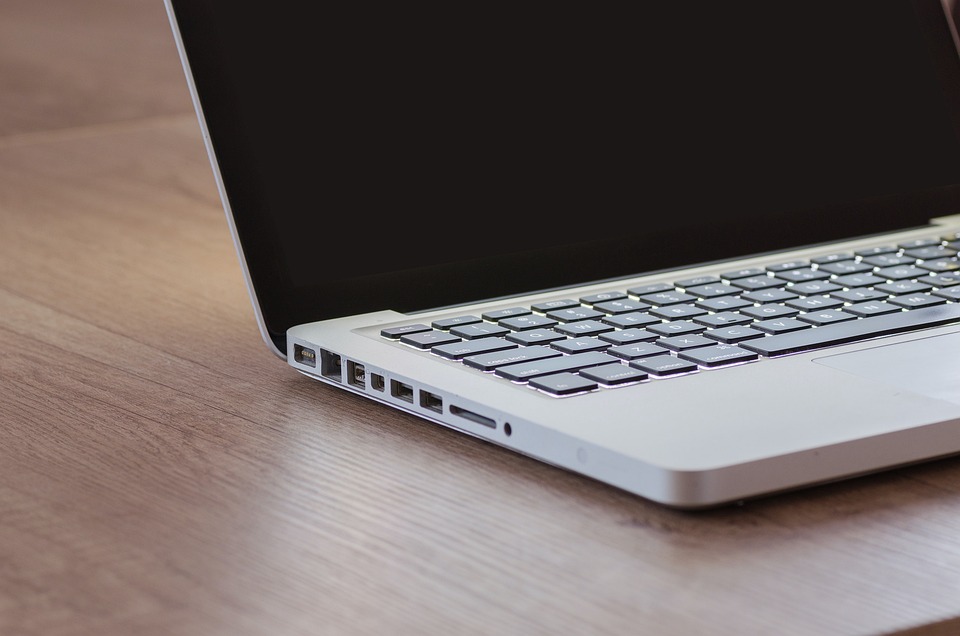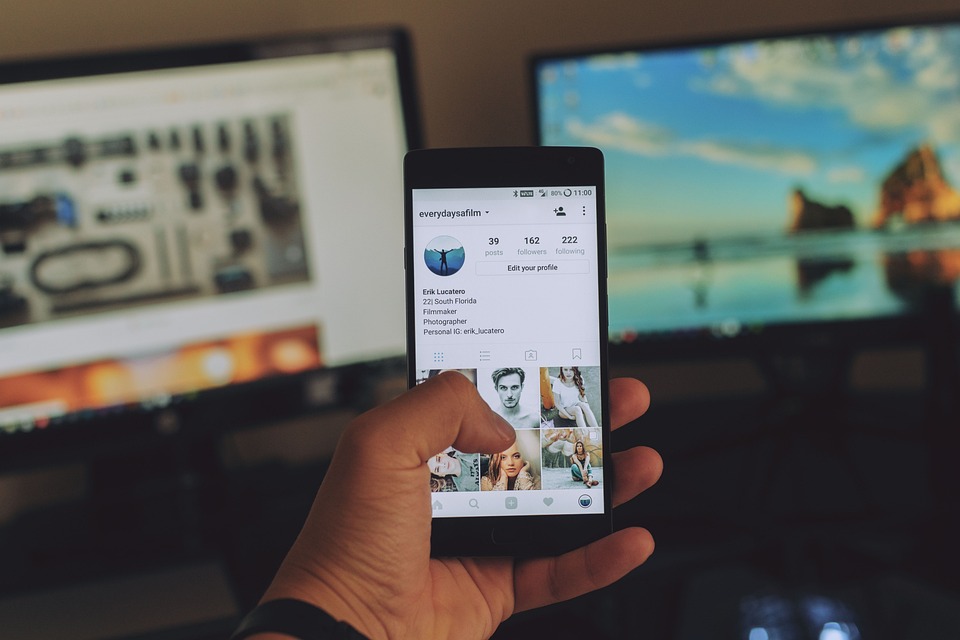The internet of things (IoT) has become a game-changer in the healthcare industry, revolutionizing the way healthcare providers monitor and treat patients. IoT devices, which are connected to the internet and can communicate with each other, have enabled healthcare professionals to gather real-time data and provide more personalized and efficient care to patients.
One of the most significant benefits of IoT in healthcare is the ability to remotely monitor patients’ health conditions. For example, wearable devices such as smartwatches and fitness trackers can track a patient’s heart rate, blood pressure, and activity levels, and send that data to healthcare providers in real-time. This allows healthcare professionals to monitor chronic conditions like diabetes and hypertension more closely and make timely interventions to prevent complications.
IoT devices have also enabled the rise of telemedicine, allowing patients to receive care remotely through video consultations and virtual visits. This has become especially important during the COVID-19 pandemic, as healthcare providers have had to limit in-person appointments to reduce the spread of the virus. With IoT-enabled telemedicine platforms, patients can still receive the care they need from the comfort and safety of their own homes.
Another area where IoT is making a significant impact in healthcare is in medication management. Smart pill bottles and medication dispensers can remind patients to take their medications on time and alert healthcare providers if a patient misses a dose. This not only helps patients adhere to their medication regimens but also allows healthcare providers to monitor the effectiveness of treatments more closely.
IoT devices are also being used in hospitals and clinics to improve operational efficiency and patient flow. For example, sensors can track the location of medical equipment and supplies, reducing the time healthcare providers spend searching for them. IoT-enabled tracking systems can also monitor patients’ movements throughout the facility, helping staff members respond faster to emergencies.
Despite the many benefits of IoT in healthcare, there are also challenges that need to be addressed. One of the main concerns is data privacy and security, as the vast amount of sensitive health information collected by IoT devices could potentially be at risk of being hacked or leaked. Healthcare organizations must implement robust security measures to protect patients’ data and comply with regulations such as the Health Insurance Portability and Accountability Act (HIPAA).
Overall, IoT is transforming the healthcare industry by allowing for more personalized and efficient care, remote monitoring of patients, and improved operational efficiency. As technology continues to advance, we can expect to see even more innovative uses of IoT in healthcare, ultimately improving patient outcomes and reducing healthcare costs.




